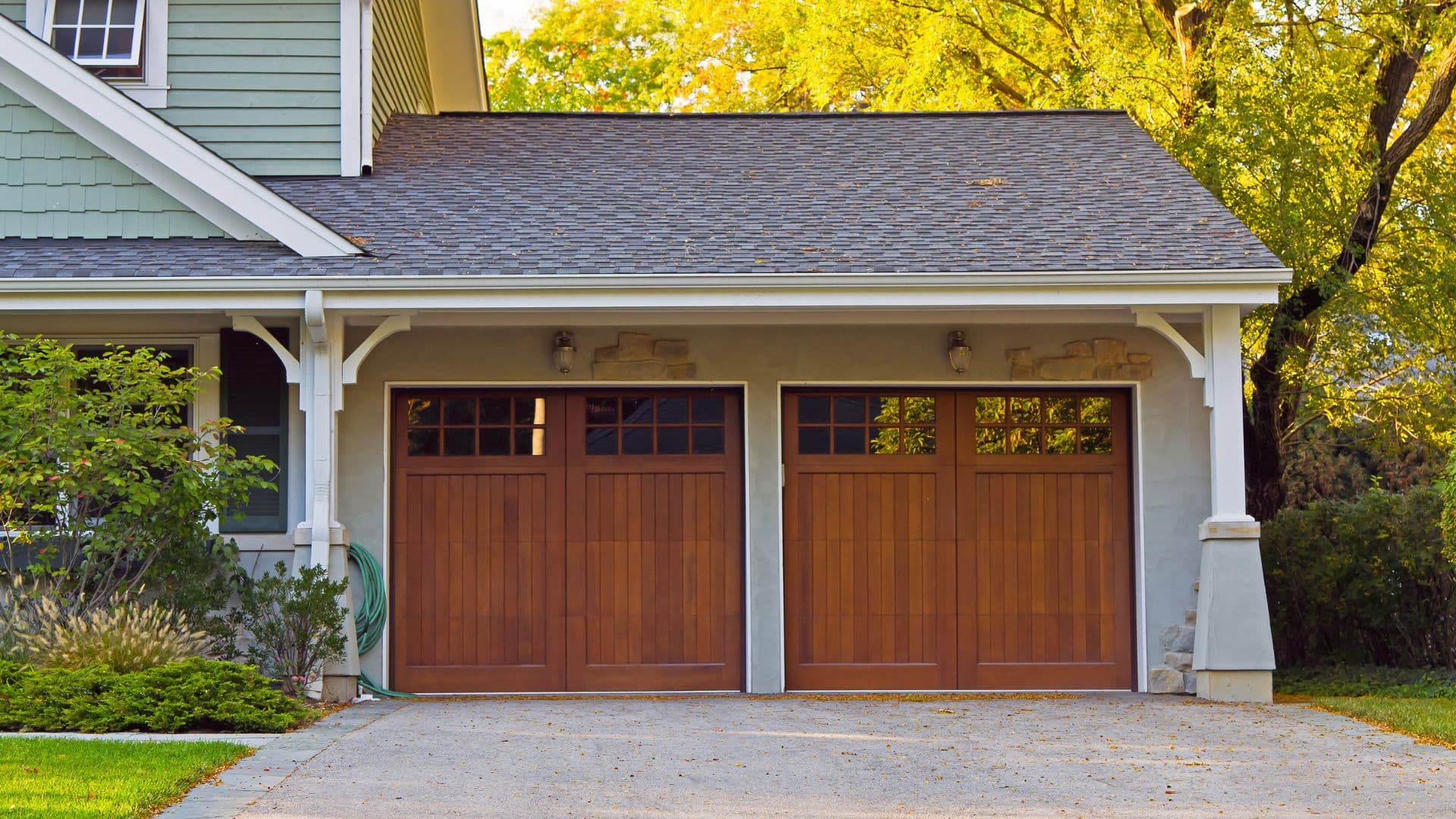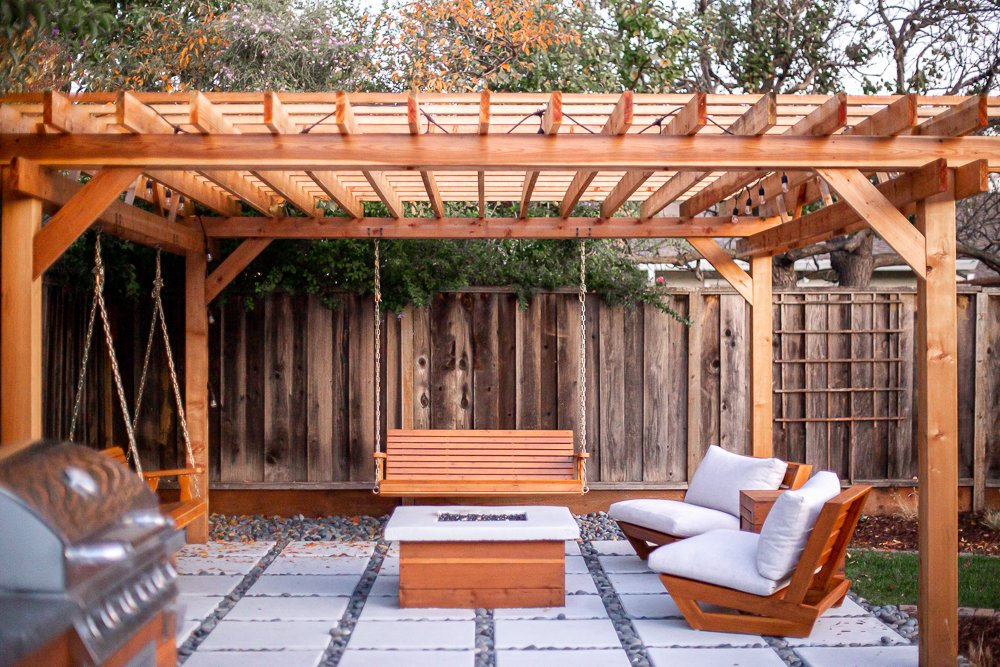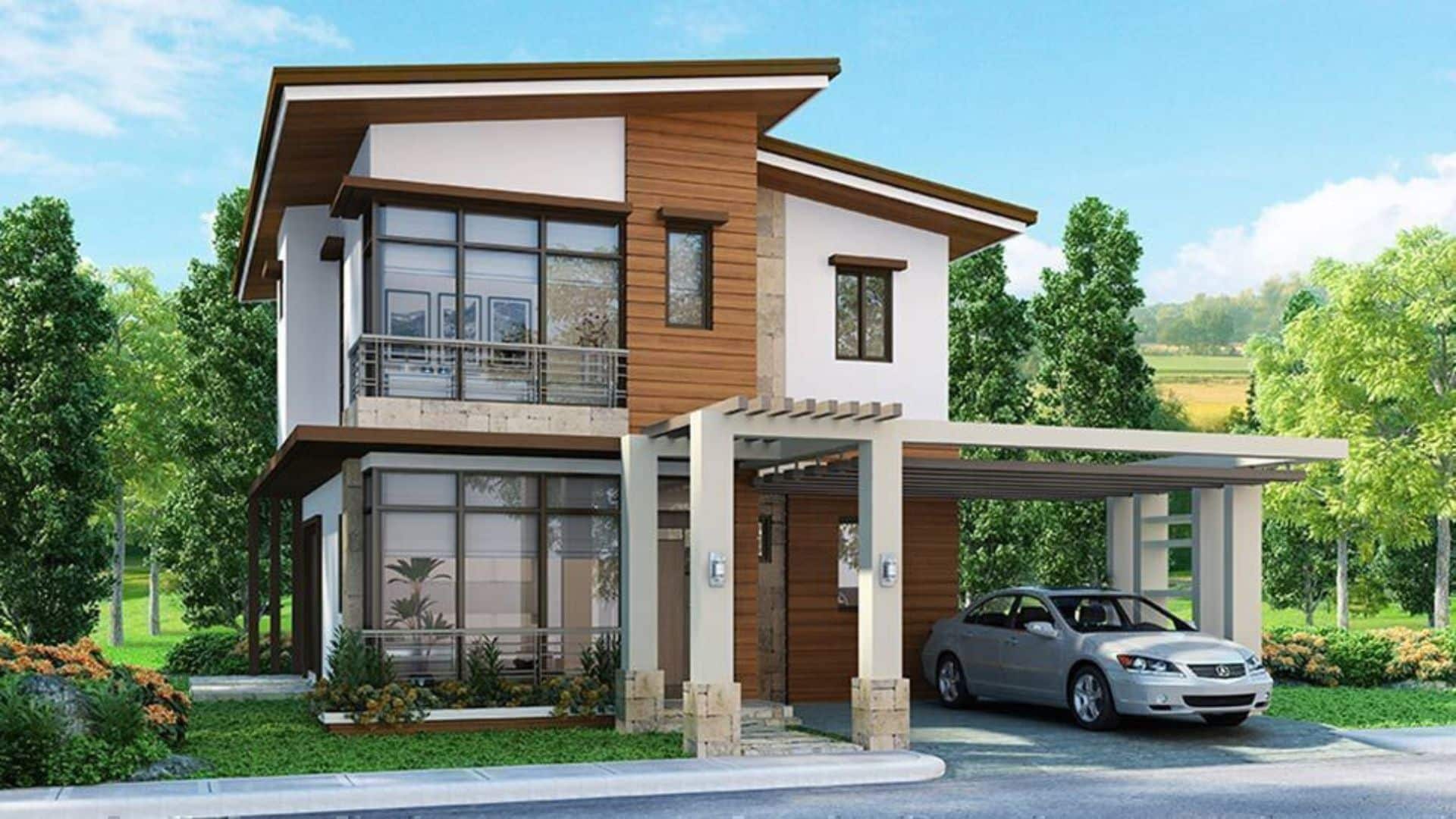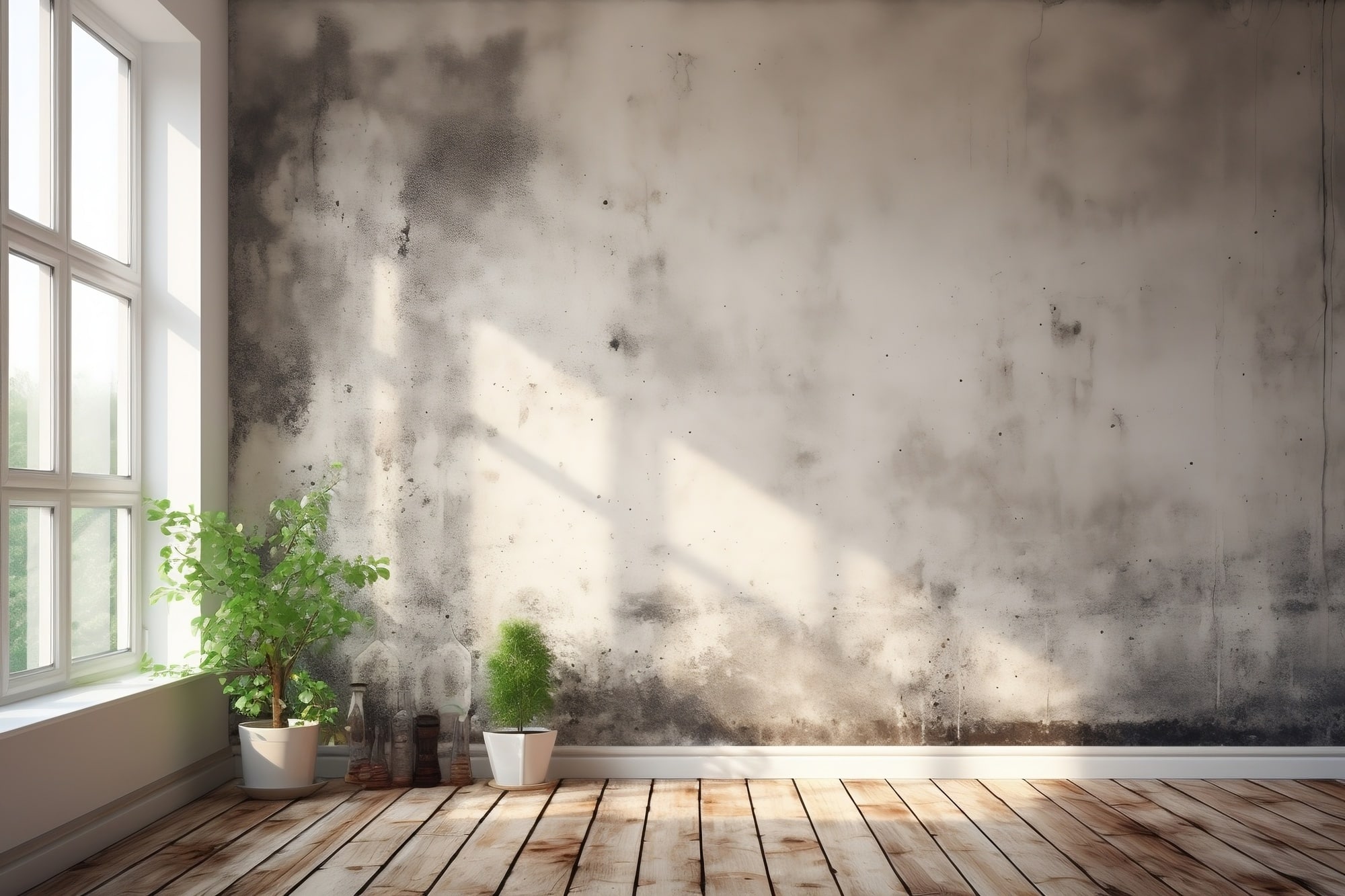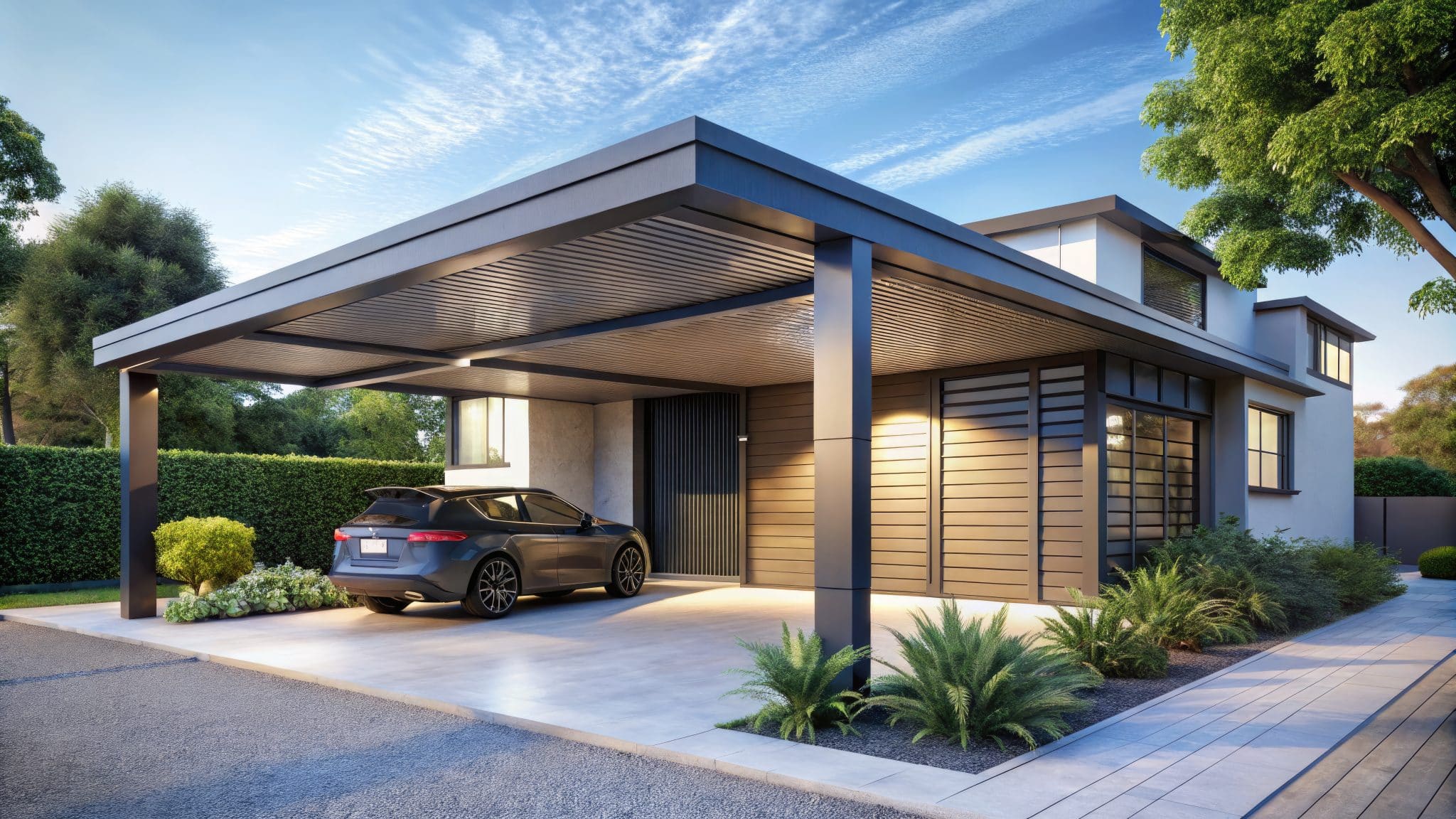Why Your Garage Door Sounds Awful — Common Causes and Fixes for Toronto Homes
Late night arrivals often demand stealth, especially when homes sit quiet and everyone’s tucked in for the night. You ease into the driveway, headlights dimmed, engine barely whispering. Then — screech, rattle, clunk. That old garage door screams loud enough to wake half the block, leaving you grimacing before you even step inside. Sound familiar? For loads of homeowners across Toronto and beyond, noisy garage doors turn simple entrances into awkward performances.
Fortunately, Smart Doors, one of Toronto’s most reliable sources for high-end garage doors and expert repair work, helps residents trade those grating, metallic protests for near-silent, buttery-smooth operation. This guide, brought straight from the seasoned pros at Smart Doors, covers exactly why garage doors make so much racket, what fixes can help, and when to call in professional backup for noise that just won’t quit.
Why Garage Doors Start Sounding Like Haunted Houses
Garage doors, especially ones installed over ten years ago, face constant wear from repeated use, shifting seasons, and basic neglect. Even the sturdiest models lose their quiet composure when hardware loosens, lubrication dries out, or tracks shift slightly out of alignment. Many Toronto homeowners don’t realize how much harm irregular maintenance inflicts until their peaceful evenings get interrupted by bone-rattling shrieks echoing off their walls.
Temperature fluctuations, a near-daily struggle across the GTA, add an extra layer of stress. As metal contracts during winter, tracks shift ever so slightly, causing rollers and hinges to grind harder against surfaces meant for smoother gliding. In summer’s heat, expansion creates opposite pressures, often increasing friction in places where clearances once existed. Smart Doors frequently sees these seasonal patterns play out, especially in older neighbourhoods where original doors still stand.
Diagnosing That Unwanted Garage Door Soundtrack
Noise often tells stories — every squeak, rattle, or clunk points toward a different mechanical villain. Homeowners willing to listen closely can gather surprisingly useful clues without ever cracking open a toolbox.
- Squeaks or high-pitched whines? Likely dry hinges, rollers, or unlubricated tracks working overtime.
- Rattling sounds? Vibration from loose hardware — think of brackets, bolts, and even track fasteners shifting slightly with each movement.
- Grinding tones? It could indicate opener strain, track warping, or failing rollers caught slightly off-kilter.
- Bangs, slams, or snaps? Watch out — these often signal spring trouble, which demands professional attention from companies like Smart Doors due to the risks involved.
Spotting patterns in these noises helps narrow down solutions, especially when homeowners prepare for consultations with Smart Doors technicians. The more clues you gather, the faster repairs happen — saving time, cash, and nerves.
DIY Fixes Toronto Homeowners Can Try Before Calling Smart Doors
Sometimes, minor noise issues stem from problems that can be easily tackled without specialized tools or formal training. These homeowner-friendly troubleshooting steps cut down on rattles, squeaks, and grinding, especially when performed at regular intervals.
Tighten Visible Hardware
Over time, vibrations from repeated openings loosen brackets, bolts, and track fasteners holding your entire system together. Before reaching for lubricants or considering upgrades, grab a wrench and check every connection point you can reach safely. Smart Doors always recommends starting here since secure hardware solves many basic noise complaints.
Lubricate Moving Parts
Lubrication often makes or breaks a garage door’s quiet performance. Many homeowners mistakenly reach for WD-40, unaware that proper garage door lubricants — silicone-based sprays or lithium grease — work far better over longer periods. Focus especially on rollers, hinges, springs, and opener chains. A regular lubrication schedule, something Smart Doors stresses during service visits, helps prevent many common squeaks and grinds.
Check Roller Condition
Rollers endure relentless movement, especially in high-traffic homes. Steel rollers — especially older ones — often wear down unevenly, generating a grinding or rumbling sound that travels through the entire system. Consider swapping worn rollers for nylon replacements, which operate far quietly. Smart Doors frequently recommends nylon upgrades during noise-reduction consultations, citing both sound reduction and improved durability.
Clean and Inspect Tracks
Debris — leaves, dust, tiny pebbles — frequently accumulates inside tracks, forcing rollers to crunch through obstacles never meant for smooth metal gliding. Cleaning tracks regularly eliminates a common noise source. While cleaning, check for visible misalignments since even slight gaps or bends cause loud contact between rollers and rails.
Examine the Opener System
The opener itself — especially chain-driven units — contributes significantly to noise levels. Belt-driven openers, offered widely through Smart Doors’ product line, produce far less vibration and operate far quietly. Homeowners seeking serious noise reduction often replace openers entirely rather than simply tweaking smaller components.
When DIY Falls Short — Time for Smart Doors’ Professional Touch
Certain noises exceed the realm of safe, amateur fixes. Loud snaps, uneven movement, or sudden changes in door balance often point toward spring failure, track warping, or motor strain. These hazards demand professional intervention. Smart Doors’ experienced technicians handle these situations daily across Toronto, using specialized tools and years of hands-on experience.
Never, under any circumstances, attempt DIY repairs involving torsion springs.
These components store extreme tension, enough to cause severe injuries or even fatalities if mishandled. Always, without exception, call Smart Doors at the first sign of wear, damage, or strain-related noise.
Upgrade Options for Long-Term Quiet
Sometimes, peace and quiet require more than quick fixes or one-off repairs. Homeowners seeking lasting solutions frequently upgrade both doors and openers together. Smart Doors offers wide-ranging options tailored to Toronto’s climate, architectural styles, and noise concerns.
Insulated Doors
Double-layered, foam-filled panels not only improve energy efficiency but also dampen sound significantly. Insulated doors, one of Smart Doors’ most recommended upgrades, deliver quieter operation while improving indoor comfort.
Nylon Rollers
As mentioned earlier, nylon outperforms steel in noise reduction while delivering smoother movement along tracks.
Belt-Driven Openers
Chain systems vibrate excessively, transferring noise through mounting points into ceilings and walls. Belt drives eliminate much of that vibration, resulting in noticeably quieter operation — something Smart Doors often installs for noise-conscious clients.
Preventative Care — Noise Prevention for Years Ahead
One annual tune-up prevents countless headaches down the line. Smart Doors’ maintenance packages — designed for proactive homeowners — combine lubrication, alignment checks, hardware tightening, and early diagnostics into a single convenient visit. Catching minor issues early spares you from sudden breakdowns and expensive emergency calls.
Silence Starts with Smart Doors
Garage door noise doesn’t just annoy families — it signals deeper problems brewing inside those tracks, hinges, and rollers. Whether homeowners prefer quick fixes or long-term upgrades, Smart Doors delivers solutions crafted for Toronto’s unique homes, unpredictable climate, and diverse architectural styles.
From sleek modern garage door designs blending into minimalist facades to custom carriage-style doors complementing century homes, Smart Doors combines quiet performance with curb appeal that catches eyes — without waking neighbours. Ready to silence your garage for good? Visit Smart Doors and schedule your noise-reduction consultation today.

